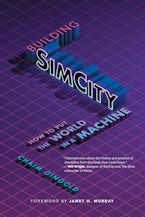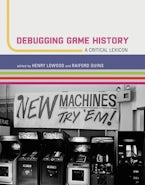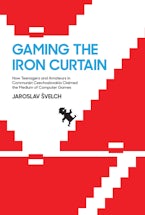Katie Salen Tekinbaş is Professor in the School of Computing and Digital Media at DePaul University and Chief Designer and Researcher at Institute of Play.
Robert Torres has worked as a teacher, school principal, and education consultant since 1988. He is writer and producer of the documentary film Nuyorican Dream, which premiered at the Sundance 2000 Film Festival, was acquired by and aired on HBO, and has won numerous awards in the United States and abroad.
Loretta Wolozin, educator, designer, and hockey mom, teaches and coordinates the research and writing curriculum for the master's in design and technology at Parsons the New School for Design.
Rebecca Rufo-Tepper is currently a literacy coach at East Side Middle School, a public school in Manhattan, where she previously taught eighth-grade humanities for five years. She is a professional development facilitator for the Holocaust Educators Network in New York City and the Folger Shakespeare Library in Washington, D.C.
Arana Shapiro has been working in the field of education for ten years. She is a founding member of The School at Columbia University. Her desire to bring new media technologies into the classroom prompted her to migrate from the classroom to the technology team at The School and later to the lead educational technologist position at the Ross Institute, where she integrated technology into K–12 classrooms at both the Ross School in East Hampton and the Ross Global Academy Charter School.













